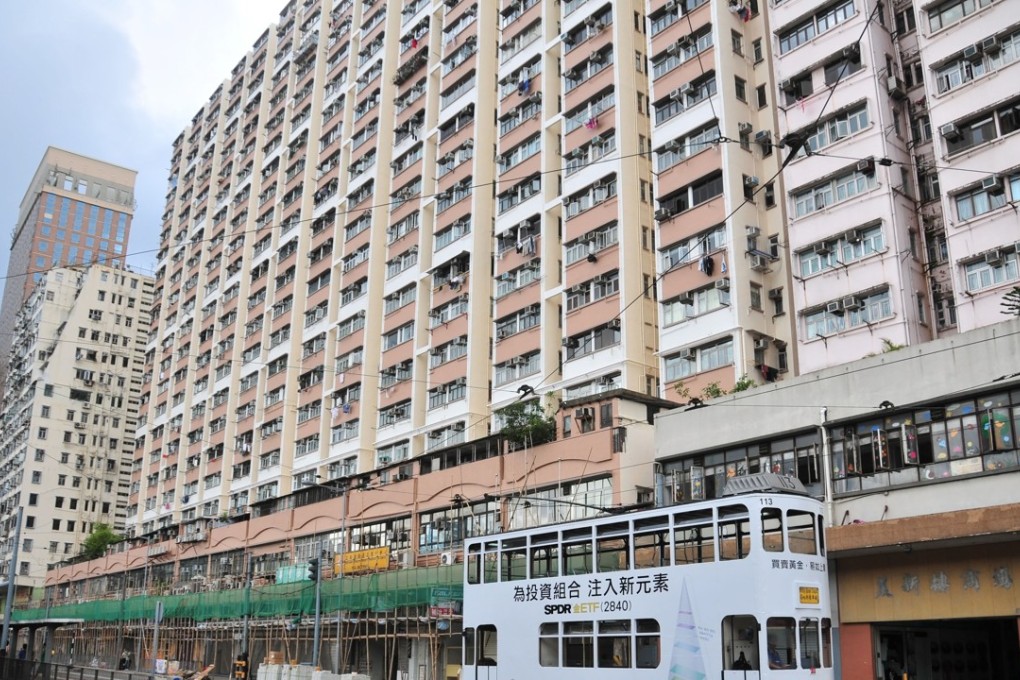Mind the Gap | Here are a few subversive thoughts for breaking Hong Kong’s property deadlock

I once asked an elderly mainland Chinese man about the changes that have taken place in China and if he felt any sense of historical injustice that his best years were wasted in the Great Leap Forward or Cultural Revolution compared to today’s younger generation.
He chillingly said, “To make progress, one generation must be sacrificed.”
But it’s an understandable perspective from the older, post-Long March generation who long suffered through sacrifices needed to reform a system to lift China out of poverty. It also represents that sense of fatalistic destiny innate in Asian culture.
But, it certainly doesn’t exist in Hong Kong. I don’t see any of the business elite or property developers prepared to make any sacrifice in their business models to move Hong Kong ahead; to work with and accept government policies that reduce their profits for the public good.
Cheung Kong Property Holdings and Sun Hung Kai Properties lead a roster of Hong Kong developers in recent apartment sales, followed by Wheelock Properties, New World Development and Henderson Land Development.
The city’s five largest builders sold HK$85.7 billion (US$11 billion) of residences during the first half of the year, according to Centaline Property Agency’s data.
Hong Kong’s residential prices, already the most expensive in the world, have soared 20 per cent in the past 12 months. Some projects saw 20 buyers queuing up for every available unit.
